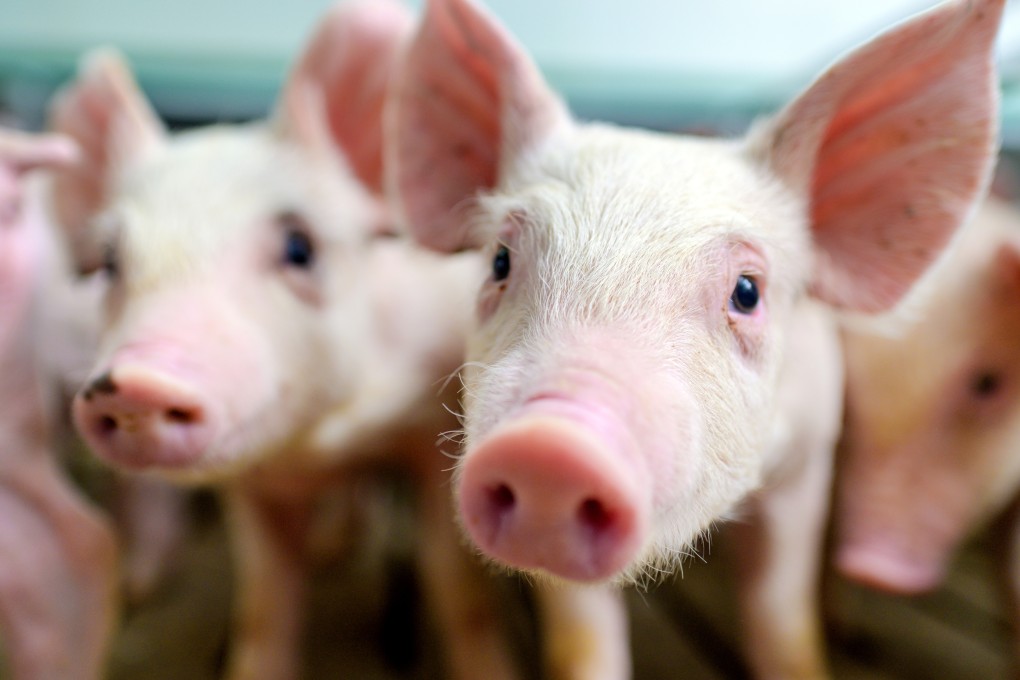US spots 1st H5N1 bird flu case in a pig, raising concern for humans
There is concern that hybrid viruses can emerge from pigs with characteristics that allow them to infect humans more easily

US agricultural officials detected H5N1 bird flu in a pig for the first time, a development that could help the virus further evolve and put humans at risk.
The virus was confirmed in a pig kept in a backyard farm in Crook County, Oregon, the US Department of Agriculture said Wednesday. US health officials have feared the possibility that the pathogen, already spreading in birds and cattle, would jump into swine.
Pigs have long been considered mixing vessels where flu viruses from humans and various animals can exchange genes. The concern is that such hybrid viruses can emerge from pigs with characteristics that allow them to infect humans more easily.
“Of all the hosts that we know of influenza, pigs are the one that can be a bridge to humans,” Richard Webby, a flu specialist at St Jude Children’s Research Hospital in Memphis, said in an interview.
So far this year, 35 humans have contracted the virus, most of whom worked on farms with infected animals. While those cases have for the most part been mild, bird flu has been known to be lethal to humans in many cases.
The USDA said in a statement on Wednesday that only one of five pigs on the Oregon farm has been confirmed with H5N1, and it did not display signs of illness. Two of the pigs tested negative, and results have not yet returned for the others.

